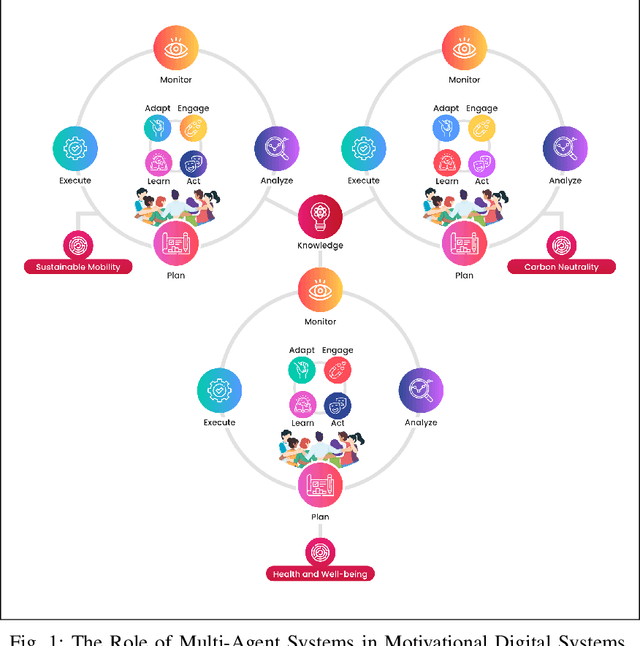Antonio Cicchetti
ConstScene: Dataset and Model for Advancing Robust Semantic Segmentation in Construction Environments
Dec 27, 2023



Abstract:The increasing demand for autonomous machines in construction environments necessitates the development of robust object detection algorithms that can perform effectively across various weather and environmental conditions. This paper introduces a new semantic segmentation dataset specifically tailored for construction sites, taking into account the diverse challenges posed by adverse weather and environmental conditions. The dataset is designed to enhance the training and evaluation of object detection models, fostering their adaptability and reliability in real-world construction applications. Our dataset comprises annotated images captured under a wide range of different weather conditions, including but not limited to sunny days, rainy periods, foggy atmospheres, and low-light situations. Additionally, environmental factors such as the existence of dirt/mud on the camera lens are integrated into the dataset through actual captures and synthetic generation to simulate the complex conditions prevalent in construction sites. We also generate synthetic images of the annotations including precise semantic segmentation masks for various objects commonly found in construction environments, such as wheel loader machines, personnel, cars, and structural elements. To demonstrate the dataset's utility, we evaluate state-of-the-art object detection algorithms on our proposed benchmark. The results highlight the dataset's success in adversarial training models across diverse conditions, showcasing its efficacy compared to existing datasets that lack such environmental variability.
Gamified and Self-Adaptive Applications for the Common Good: Research Challenges Ahead
Mar 22, 2021
Abstract:Motivational digital systems offer capabilities to engage and motivate end-users to foster behavioral changes towards a common goal. In general these systems use gamification principles in non-games contexts. Over the years, gamification has gained consensus among researchers and practitioners as a tool to motivate people to perform activities with the ultimate goal of promoting behavioural change, or engaging the users to perform activities that can offer relevant benefits but which can be seen as unrewarding and even tedious. There exists a plethora of heterogeneous application scenarios towards reaching the common good that can benefit from gamification. However, an open problem is how to effectively combine multiple motivational campaigns to maximise the degree of participation without exposing the system to counterproductive behaviours. We conceive motivational digital systems as multi-agent systems: self-adaptation is a feature of the overall system, while individual agents may self-adapt in order to leverage other agents' resources, functionalities and capabilities to perform tasks more efficiently and effectively. Consequently, multiple campaigns can be run and adapted to reach common good. At the same time, agents are grouped into micro-communities in which agents contribute with their own social capital and leverage others' capabilities to balance their weaknesses. In this paper we propose our vision on how the principles at the base of the autonomous and multi-agent systems can be exploited to design multi-challenge motivational systems to engage smart communities towards common goals. We present an initial version of a general framework based on the MAPE-K loop and a set of research challenges that characterise our research roadmap for the implementation of our vision.
 Add to Chrome
Add to Chrome Add to Firefox
Add to Firefox Add to Edge
Add to Edge